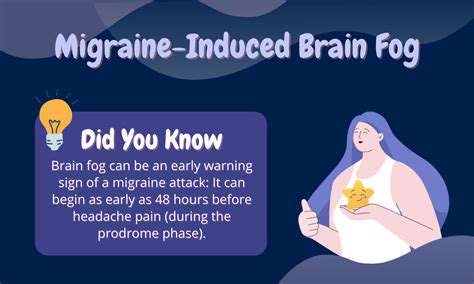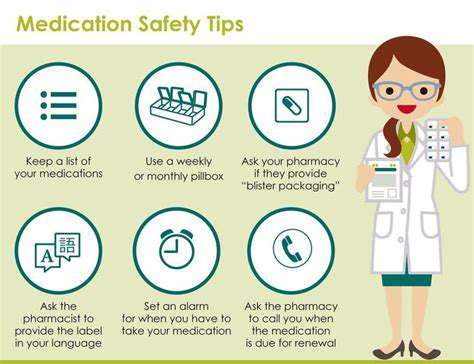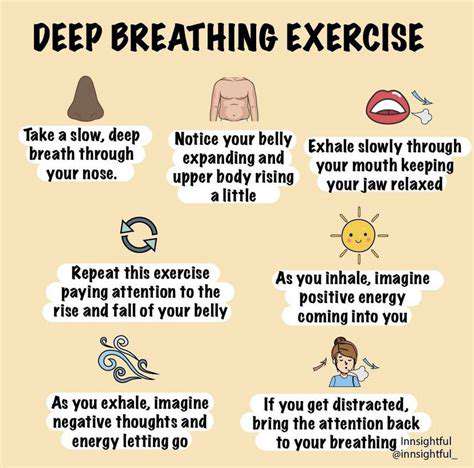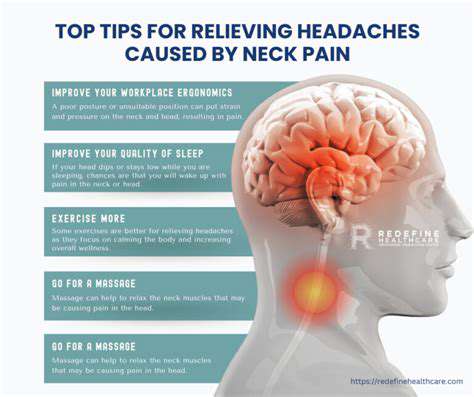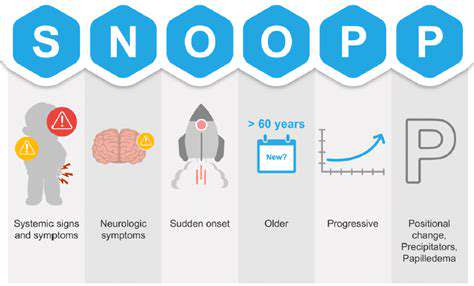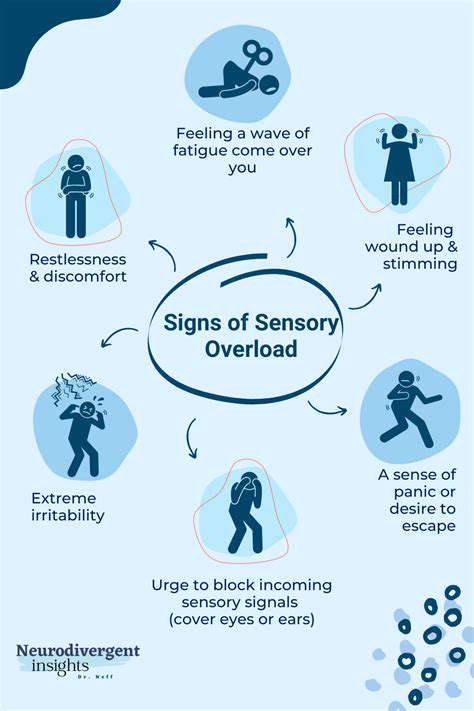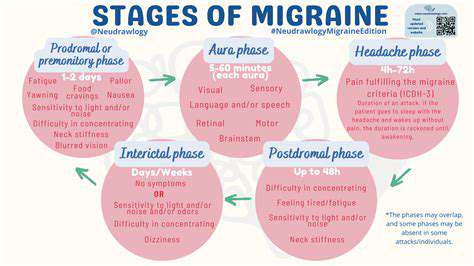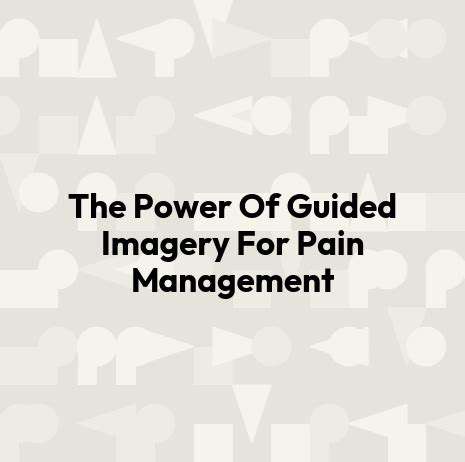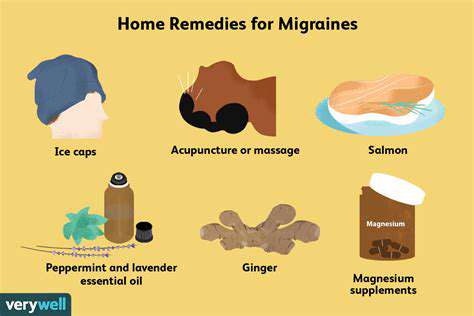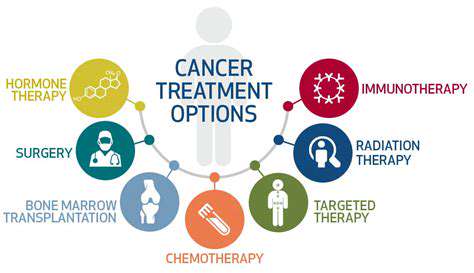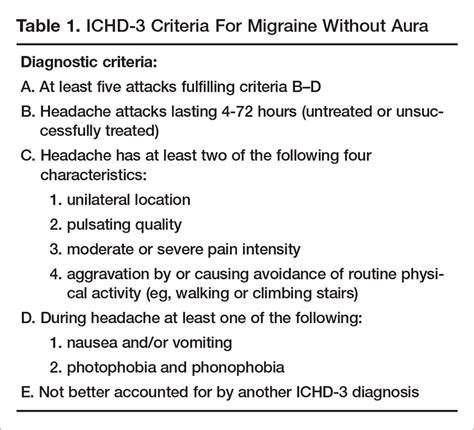Explore comprehensive insights into migraines and headaches including causes, triggers, treatments, and natural remedies. Empower yourself with knowledge to manage pain effectively and improve your daily well-being
Understanding Brain Fog Associated with Migraines
Jul 26, 2025
The Importance of Patience in Finding the Right Migraine Treatment
Jul 26, 2025
Mindfulness Exercises You Can Do Anywhere for Stress Relief
Jul 25, 2025
How to Transition Between Different Migraine Medications Safely
Jul 25, 2025
How to Prevent Medication Overuse Headaches
Jul 25, 2025
Sound Sensitivity (Phonophobia) Management Strategies
Jul 25, 2025
Inflammation and Migraines: Understanding the Connection
Jul 24, 2025
When is a Headache a Medical Emergency? Red Flags to Watch For
Jul 24, 2025
The Benefits of Joining a Migraine Support Group (Online or In Person)
Jul 24, 2025
How to Talk to Your Child's School About Their Migraines
Jul 24, 2025
The Relationship Between Migraines and Sleep Disorders (Insomnia, Sleep Apnea)
Jul 23, 2025
Creating a Migraine Friendly Workspace at Home
Jul 23, 2025
Managing Weight and Its Impact on Migraine Patterns
Jul 23, 2025
How Pet Therapy Might Help Reduce Stress for Migraineurs
Jul 23, 2025
Guided Imagery Techniques for Pain Reduction
Jul 22, 2025
Using Cold Caps or Wraps for Acute Migraine Relief
Jul 22, 2025
Understanding Occipital Neuralgia: A Cause of Head Pain
Jul 22, 2025
The Impact of Air Travel Pressure Changes on Migraines
Jul 22, 2025
What Happens During a Neurologist Visit for Migraines?
Jul 21, 2025
